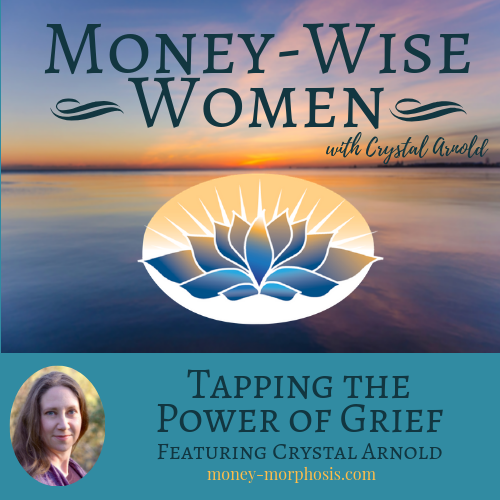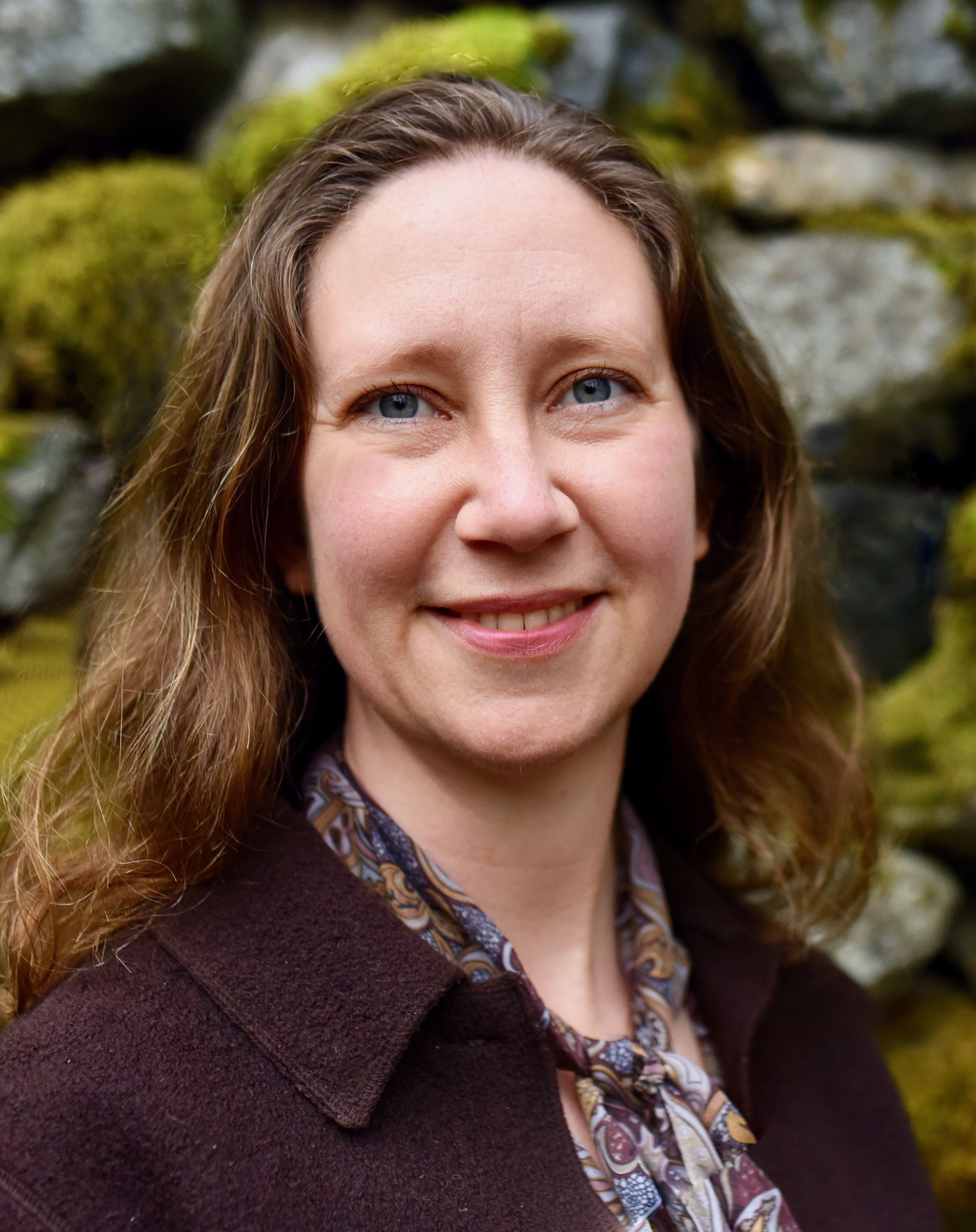Feeling grief at the loss of what is precious is inevitable. Grief is not a problem to be fixed, it is a human experience that can deepen our sense of belonging; it can bring vitality into our communities when shared. I recently told my women's group about my experience at the “Managing Planetary Collapse” gathering in Eugene, Oregon, in August. This opened a raw and real conversation about our struggles with not only the raging forest fires here near Ashland, but also the reality of ecological and social collapse.
Coming together to grieve the immense losses of modernity is essential. It creates what French sociologist Émile Durkheim calls “collective effervescence,” a deep feeling of belonging that comes through celebrating and grieving togethe
Grief isn’t about letting go, it’s about stepping in.
Recently a woman with two young children shared with me about her husband’s anguish about the decay and collapse of modern society and ecosystems. After six weeks in smoky conditions here in Southern Oregon, they and many others are looking at where they could move that would be safer, politically and environmentally. Obsessive research and isolation in his grief resulted in a meltdown into a fetal position on the floor.
Prolonged natural disasters, such as the volcanos, wildfires, floods, and toxic spills create psychological distress. People plan escapes, but often have nowhere to go.
What can we do about the uncertainties of living in a brittle financial system that cannot possibly account for the accumulating costs of climate change? A video shows one of over 400 oceanic dead-zones, 30 miles outside of Naples, Florida. Corpses of sea animals were a grave image of the collapse of life. Species and languages are disappearing, and we suffer from the scars on the plundered earth.
YES! magazine’s recent article “The Best Medicine for my Climate Grief” has keen insights from a conversation by a climate scientist and a psychologist into the mental and emotional effects of climate change.
“Westerners are living in a society that is still deeply entrenched in the very practices we now know are damaging and destructive. This creates a very specific kind of situation—what psychologists call cognitive dissonance. Unless we know how to work with this dissonance, we will continue to come up against resistance, inaction, and reactivity.” — Renee Lertzman, psychologist
Humans have a pathological habit of experiencing ourselves as separate from nature, from each other, and from the community of life. What if another way is possible? Grieving together creates compost from what’s lost, broken, or must be left behind. This fertilizes the seeds of regenerative culture.
We have learned how to redirect restaurant waste into the power of biodiesel. We must learn how to redirect the perils and worry of climate change into the bubbling power of regeneration.



